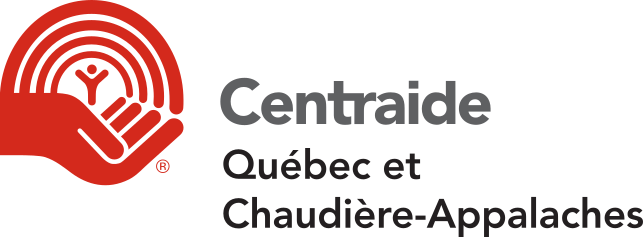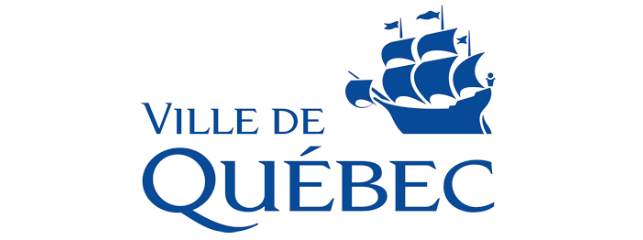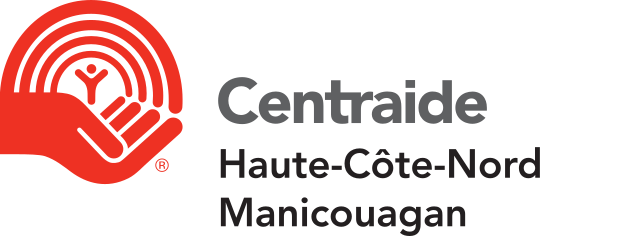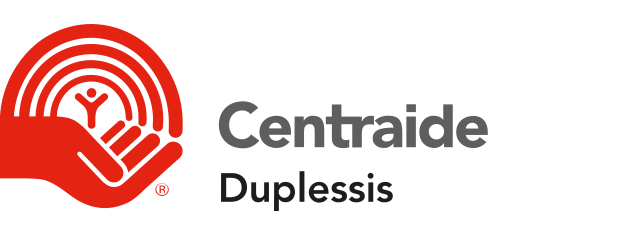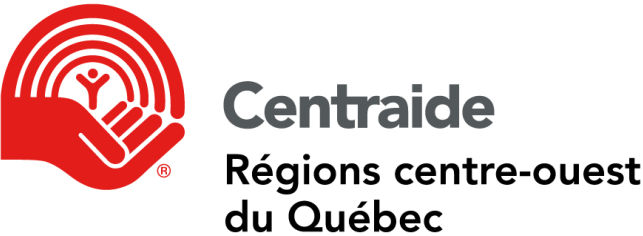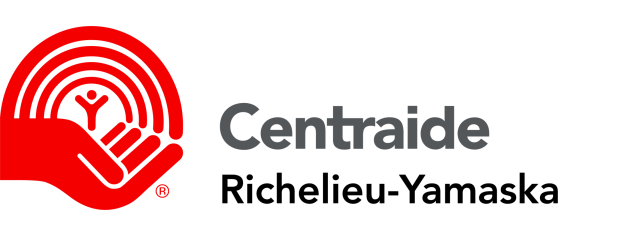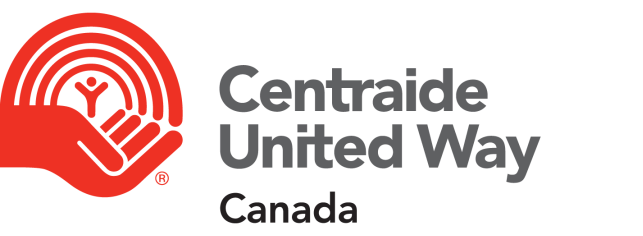[ Browse by Service Category : Rehabilitation/Habilitation Services : Sub-Topics of Condition Specific Rehabilitation Services (29) ]
Stroke Rehabilitation
Multidisciplinary programs that combine the resources of physical, occupational and speech therapists to help individuals who have been disabled by a stroke recover their mobility and ability to communicate or develop alternative approaches or skills. Therapy focuses on helping patients to recover physical strength and control; improve their balance; relearn or replace basic motor skills that are needed for dressing, shaving, housekeeping and other activities of daily living; and overcome expressive and receptive language problems or develop alternatives.
Pulmonary Rehabilitation
Programs that provide treatment services for people who have breathing problems due to lung disease or injury. Therapy includes training in the use of special breathing equipment and/or techniques for administering prescription medication; retraining in new ways of breathing, walking and working to compensate for breathing problems and to enable the body to use oxygen more efficiently; development of hour-by-hour home care schedules as needed; and patient and family education regarding the problem and the rehabilitation plan.
Amputee Rehabilitation
Programs that provide comprehensive rehabilitation services for individuals who have lost a limb and need pre-prosthetic care which includes wound and skin care, exercises and other activities to strengthen and condition the affected area and increase mobility skills, and other types of therapy to prepare them to make effective use of a prosthetic device. Some programs may also ensure the proper fitting of a prosthetic device and provide instruction in prosthesis utilization and safety techniques. Emotional support and patient and family education services are also part of the program.
Brain Injury Rehabilitation
Rehabilitation programs that develop an individually tailored treatment plan that combines the resources of physical, occupational and speech/language therapists; physiatrists (physical medicine specialists); neuropsychologists/psychiatrists; cognitive rehabilitation therapists; rehabilitation nurses; vocational counsellors; social workers and/or other specialists to help individuals who have been disabled by an acquired brain injury attain their maximum level of functioning and quality of life. Common disabilities experienced by ABI patients following acute treatment and medical stabilization include problems with cognition (thinking, memory, and reasoning), sensory processing (sight, hearing, touch, taste, and smell), communication (expression and understanding), and behaviour or mental health (depression, anxiety, personality changes, aggression, acting out, and social inappropriateness). Therapy generally focuses on behavioural management, neuropsychological adaptation, environmental structuring, eating and swallowing management, cognitive and communication skills, daily living and social skills, self-care, ambulation, academic and vocational skills, and community reintegration. The goal of brain injury rehabilitation is to restore functions and skills that can be recovered and to help patients learn to do things differently when functioning cannot be restored to pre-injury levels.
Spinal Cord Rehabilitation
Programs that provide inpatient and/or outpatient rehabilitation services which may include medical/physical restoration, physical and occupational therapy, training in the use of adaptive equipment, recreational therapy, psychological counselling, patient and family education services, physical and home management assistance, vocational or school reintegration assistance and other supportive services to help individuals who have become disabled by a spinal cord injury recover from their injuries to the extent that is possible and maximize their potential for independent living.
Cardiac Rehabilitation
Multidisciplinary programs that are designed to help patients resume active and productive lives following cardiac surgery, a heart attack or stabilization of angina pectoris, and to minimize the risk of further cardiovascular problems. The therapy usually combines a structured, progressive physical activity program with patient and family education regarding the recognition, prevention and treatment of cardiovascular disease and identification and modification of specific cardiovascular risk factors which may require dietary counselling, smoking cessation, weight reduction or other modifications in behaviour.
Hand Rehabilitation
Programs that provide rehabilitation services for people whose hand(s) have become dysfunctional through illness or injury with the objective of restoring normal form and function.
Spine Rehabilitation
Programs that provide comprehensive rehabilitation services for post-operative patients and individuals who have acute and/or chronic upper or lower back, shoulder or neck pain and discomfort, spinal injuries, disc disorders, or conditions such as osteoporosis and arthritis that affect the spine. Treatment may include bracing, injections, manipulation, soft tissue and joint mobilization and manipulation, aerobic conditioning, back care classes, aquatic therapy, and individualized exercise programs that are designed to stretch, strengthen and repair muscles that help to support the back and improve flexibility, stabilization, balance, coordination and overall fitness.
The above terms and definitions are part of the Taxonomy of Human Services, used here by permission of INFO LINE of Los Angeles.

